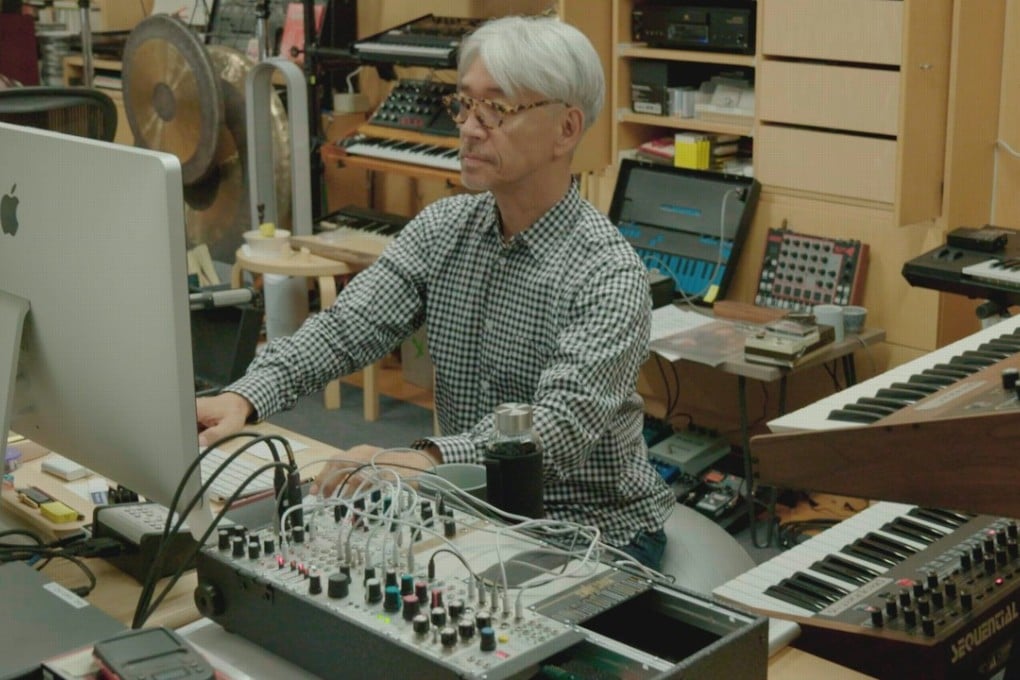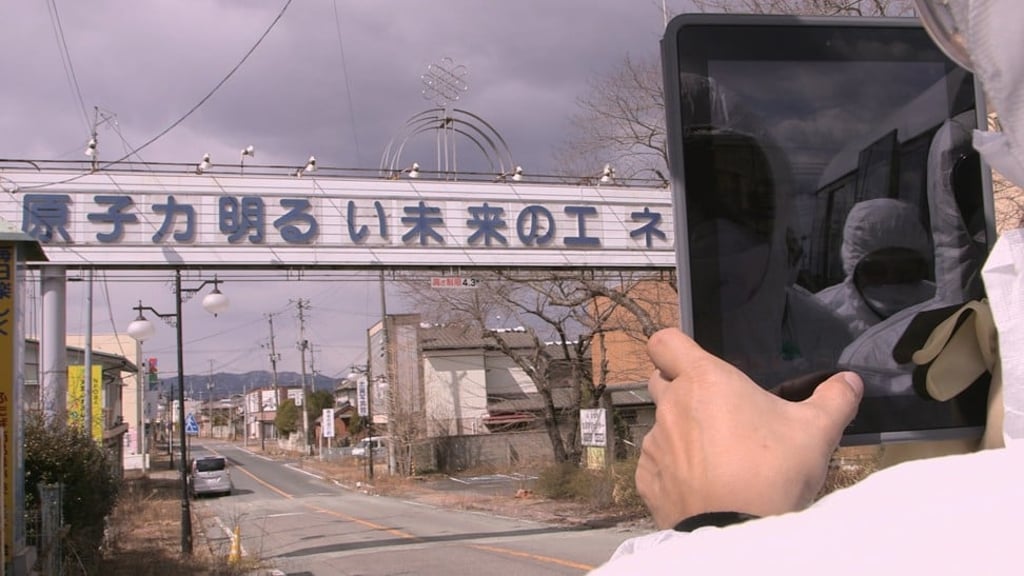Review | Ryuichi Sakamoto: Coda film review – sincere documentary on Japanese composer and activist’s life and career
Tender portrait of Sakamoto’s life and career includes his chaotic experiences in China with the film The Last Emperor, for which he won an Oscar, and his recent battle against throat cancer

4/5 stars
The life and career of Japanese composer and activist Ryuichi Sakamoto are explored in this new documentary from Stephen Nomura Schible. Best known for scoring – and starring in – Nagisa Oshima’s second world war drama Merry Christmas, Mr. Lawrence (1983), Sakamoto’s heartfelt compositions have delighted fans for over 40 years.
After being treated for oropharyngeal cancer in 2015, Sakamoto found the strength to return to work, which Schible uses to propel his narrative. We observe Sakamoto as he creates the score for Alejandro González Iñárritu’s Oscar winner The Revenant , and revisits a previously abandoned concept album.
Art House: Merry Christmas, Mr Lawrence shows the brutality of Japanese POW camps
The composer also embarks on a bizarre pilgrimage to Fukuoka, in search of a piano ravaged by the 2011 Tohoku tsunami, where there’s a suggestion he equates this irrevocably damaged instrument with his own irradiated body.

Along the way, the film chronicles Sakamoto’s incredible career, beginning with avant-garde electronic outfit Yellow Magic Orchestra. Particular attention is paid to Sakamoto’s work in cinema, from his acting debut alongside David Bowie, to his chaotic experiences in China on The Last Emperor, for which he won an Oscar.
Ryuichi Sakamoto on new documentary Coda, beating throat cancer and David Bowie’s best music
Acknowledging Sakamoto’s passionate activism, particularly in the denuclearisation of Japan, we also hear the artist’s first-hand account of the September 11 attacks, which he photographed from his Manhattan home.